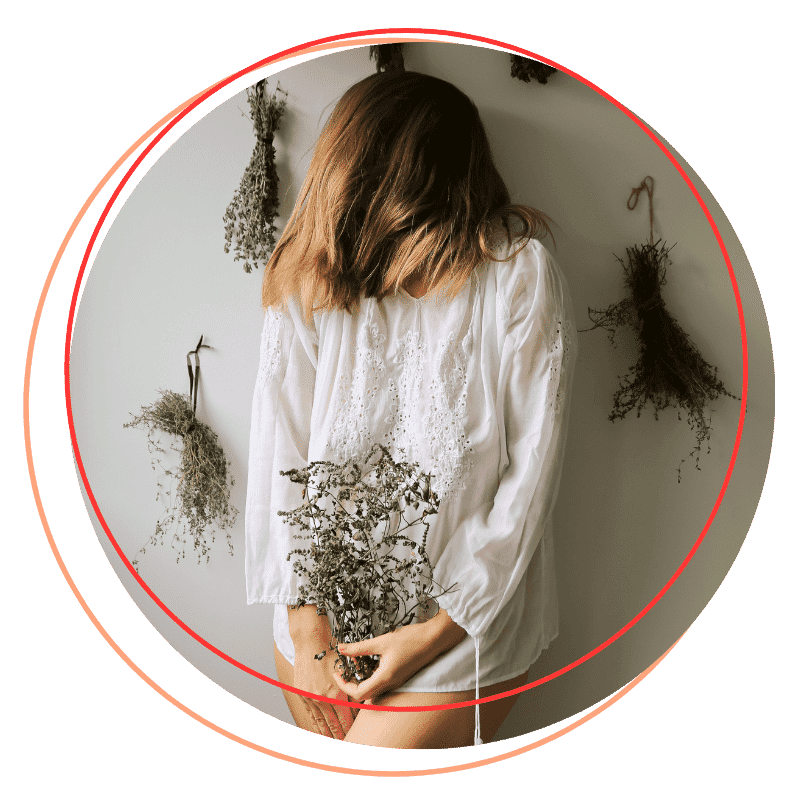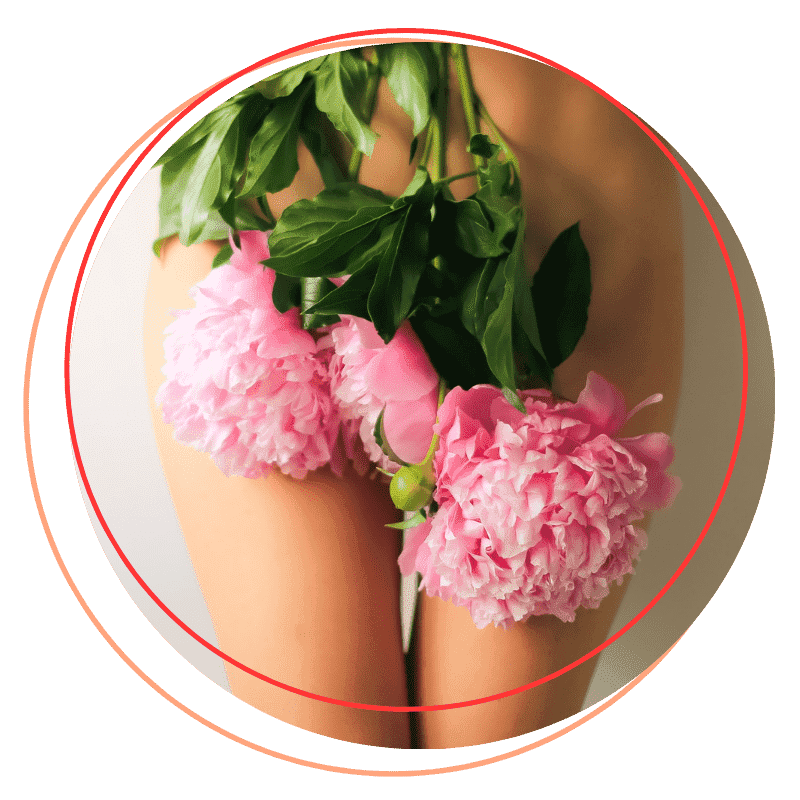It’s likely we’re all familiar with some level of period pain. Whilst serious pain is not something you should ignore – and definitely is something you should speak to your doctor about – cramps in the lower abdomen just before or during periods are pretty common. Serious cramps can have a significant impact on women’s productivity, well-being and mental health, so it’s important we know how to soothe them in a way that suits us. But are pain killers the only option? Absolutely not.
Natural period pain treatments
Researchers, doctors and women have been using various treatments for menstrual pain for many years. Today, the solutions range from hot water bottles, herbal remedies, aromatherapy to medications, transcutaneous electrical nerve stimulation and CBD tampons! Pain killers, such as ibuprofen, are one of the most commonly used medications for pain relief. However, long-term use has been associated with side effects so it’s great to know there are other natural options of period pain relief out there!
Yoga
According to some research, yoga is effective at reducing menstrual pain. It’s believed that yoga reduced the pain by “down-regulation of the hypothalamic-pituitary-adrenal axis and the sympathetic nervous system” which leads to reduced levels of prostaglandins and myometrial ischemia which cause the pain in the first place. Moreover, researchers think that it can also stimulate the secretion of beta-endorphins which act as an analgesic (natural pain-killers!).
Diet
Many treatments for menstrual pain are lifestyle-related and it makes perfect sense! We need to live in harmony with our minds and bodies to achieve physical and hormonal balance. Some studies found that increased consumption of fruits and vegetables, as well as fish and dairy products, have positive associations with less menstrual pain as they are sources of vitamins and minerals.
Other natural solutions
Medications (eg. NSAIDs, OCP), herbal remedies, aromatherapy, acupressure seem to suppress pain by reducing the level of prostaglandins. Some treatments may also be increasing beta-endorphin levels, blocking the calcium channel, and enhancing circulatory flow through the uterine pathway. The herbs used more commonly to treat dysmenorrhea are chamomile, ginger, fennel, cinnamon, and aloe vera. Heat pads (and hot water bottles!) can reduce muscle tension and relax abdominal muscles to reduce pain caused by muscle spasms. Heat can also increase pelvic blood circulation to eliminate local blood and body fluid retention and diminish congestion and swelling, thereby enabling a reduction in pain caused by nerve compression.
Although systematic reviews often show beneficial effects of those interventions, they often reveal that trials investigating treatments are not of high quality and it’s not always possible to distinguish the effects of interventions from the placebo effect. For example, 6 out of 7 RCTs investigating using ginger to treat menstrual pain exhibited a low to moderate risk of bias.
CBD
You may have heard about using CBD products to treat menstrual pain. CBD comes in a variety of forms; like oils, capsules, edibles, topicals, suppositories, vapes, and tampons. CBD stands for ‘cannabidiol,’ a chemical found in cannabis. The idea is not actually new, in Ancient Egypt, women reportedly dealt with menstrual pain by grinding up cannabis and inserting it into the vagina.
Just to answer one important question before we move on – no, you cannot become intoxicated from a CBD tampon! They should not have the psychoactive THC compound found in marijuana. CBD binds to CB2 receptors founds in the immune system rather than the brain
CBD Period Pain Relief – The Science
CBD can affect the perception and modulation of pain pathways as well as many signalling systems involved in the regulation of pain. It’s believed that one mechanism of CBD is the inhibition of the enzyme COX-2, just like NSAIDs do. However, NSAIDs also block COX-1 which is responsible for maintaining a healthy lining in the stomach and intestines. That’s why regular use of NSAIDs is associated with a higher risk of stomach ulcers. However, CBD focuses solely on the COX-2 and thus can reduce inflammation without the usual side effects.
Although we don’t have convincing scientific evidence just yet, anecdotally, the results look promising. Daye is a leading company when it comes to CBD tampons and they are working on publishing results from clinical trials in the near future. Their pre-clinical testing with 126 consumers showed that 35% of women felt some pain relief just in 30 mins compared to 0 that used a placebo (you can read more about it in their white paper here).
If you are keen to try, start low and go slow. Make sure you do your research about the product you want to try. Choose a smaller dose to start with and then listen to your body and monitor your symptoms. Because research is still limited, we should be using those with some caution. Experts suggest that women who are pregnant or breastfeeding should avoid using them. If you have some underlying medical condition or take regular medications, you may want to speak to your doctor before trying them.
Period pain – when to see a doctor
Remember not all menstrual pain is normal. If you cannot function and it affects your days significantly, you should definitely check it out. There are certain conditions that doctors may want to look for such as endometriosis, fibroids, PCOS as they can cause menstrual pain or make it worse. Women with those conditions have unique needs and therefore whilst self-management strategies, including natural period pain relief, may help, it’s likely you may need medical help.
Future
Menstrual pain is very common. Despite the significant impacts it has on academic and professional attendance and performance, social activities and quality of life, most young women do not seek medical treatment but prefer to use self-care; commonly painkillers medications and rest. Solutions like CBD tampons, whether they prove effective or not, put menstrual pain into the spotlight, increase awareness and help us advance research into women’s health.
Personally, I’d love to see more women rejecting the idea of painful periods and trying different solutions, such as going for a doctor’s check-up, exercise and diet changes. I’m excited about the future and progress of research that may help us understand how to personalise treatment for period pain based on women’s individual factors as well as for more studies into innovative ideas like CBD tampons.





